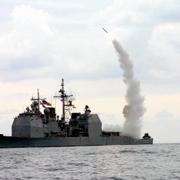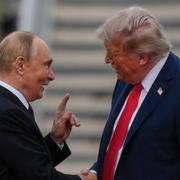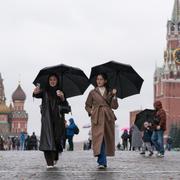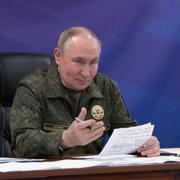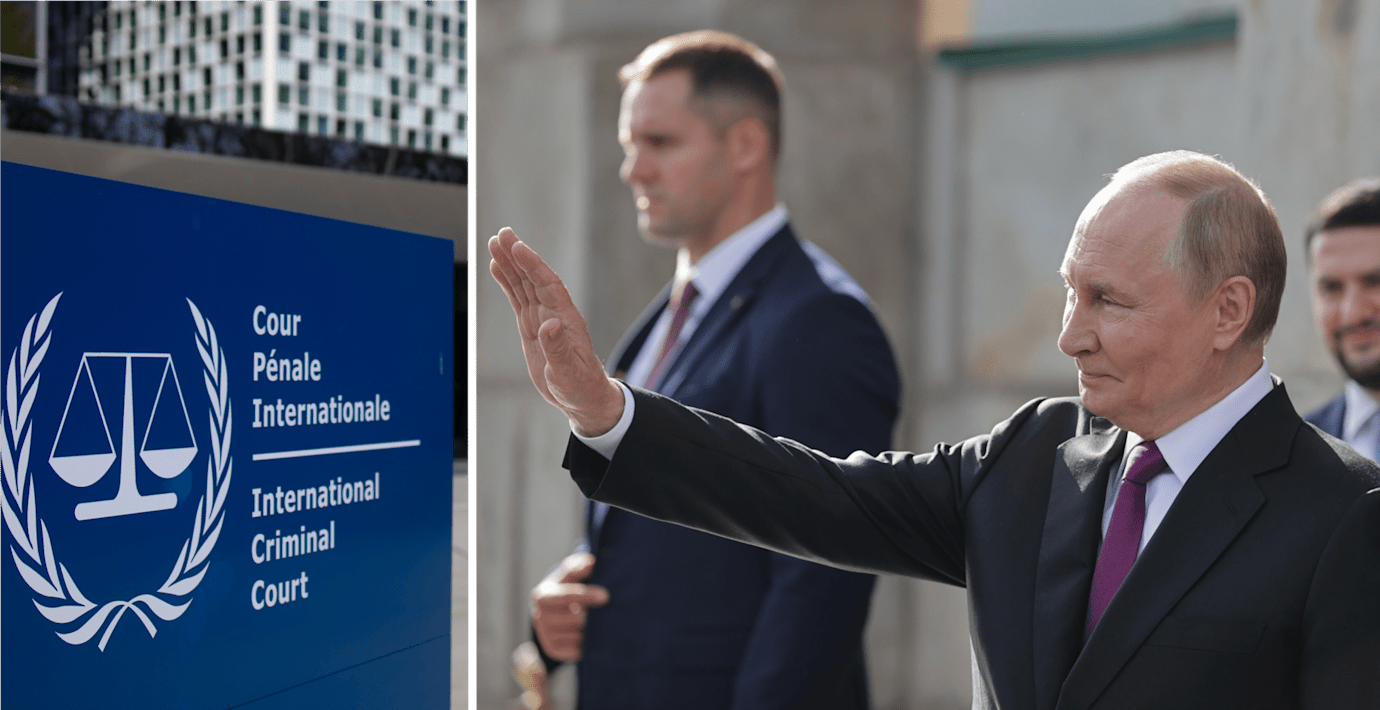
Putin lär inte gripas i Alaska – trots arresteringsorder
När Vladimir Putin, som är internationellt efterlyst för krigsbrott i Ukraina, sätter sin fot på amerikansk mark för ett möte med Donald Trump på fredag är USA inte skyldigt att gripa den ryske presidenten, skriver CNN.
Varken Ryssland eller USA har ratificerat Romstadgan, vilket innebär att länderna inte erkänner Internationella brottmålsdomstolens (ICC) jurisdiktion.
Sedan ICC utfärdade sin arresteringsorder mot Vladimir Putin har han varit mycket försiktig med vilka länder han besöker. Detta eftersom länder som har skrivit under Romstadgan är skyldiga att gripa honom.
Att Donald Trump ändå skulle beordra ett gripande av Putin ses som mycket osannolikt, inte minst eftersom han har utfärdat sanktioner mot ICC i samband med att domstolen efterlyste Israels premiärminister Benjamin Netanyahu i februari.
Förhandlingarna om Ukraina – det gäller saken
- USA:s president Donald Trump och Rysslands president Vladimir Putin ska mötas i Alaska den 15 augusti.
- Under veckan har USA:s sändebud Steve Witkoff träffat Putin i Moskva, där Ryssland uppges ha erbjudit vapenvila mot att få behålla ukrainska Donbas och Krym.
- Trump har hotat med nya sanktioner mot Ryssland om ingen vapenvila nås, och försöker samtidigt övertyga europeiska ledare att acceptera ett avtal med territoriella eftergifter.
- Ukrainas president Volodymyr Zelenskyj har tydligt avvisat alla förslag om att ge upp territorium och kräver att Ukraina deltar i alla fredsförhandlingar.
- Opinionsundersökningar visar att en majoritet av ukrainarna nu föredrar en förhandlad fred framför fortsatt krig.
